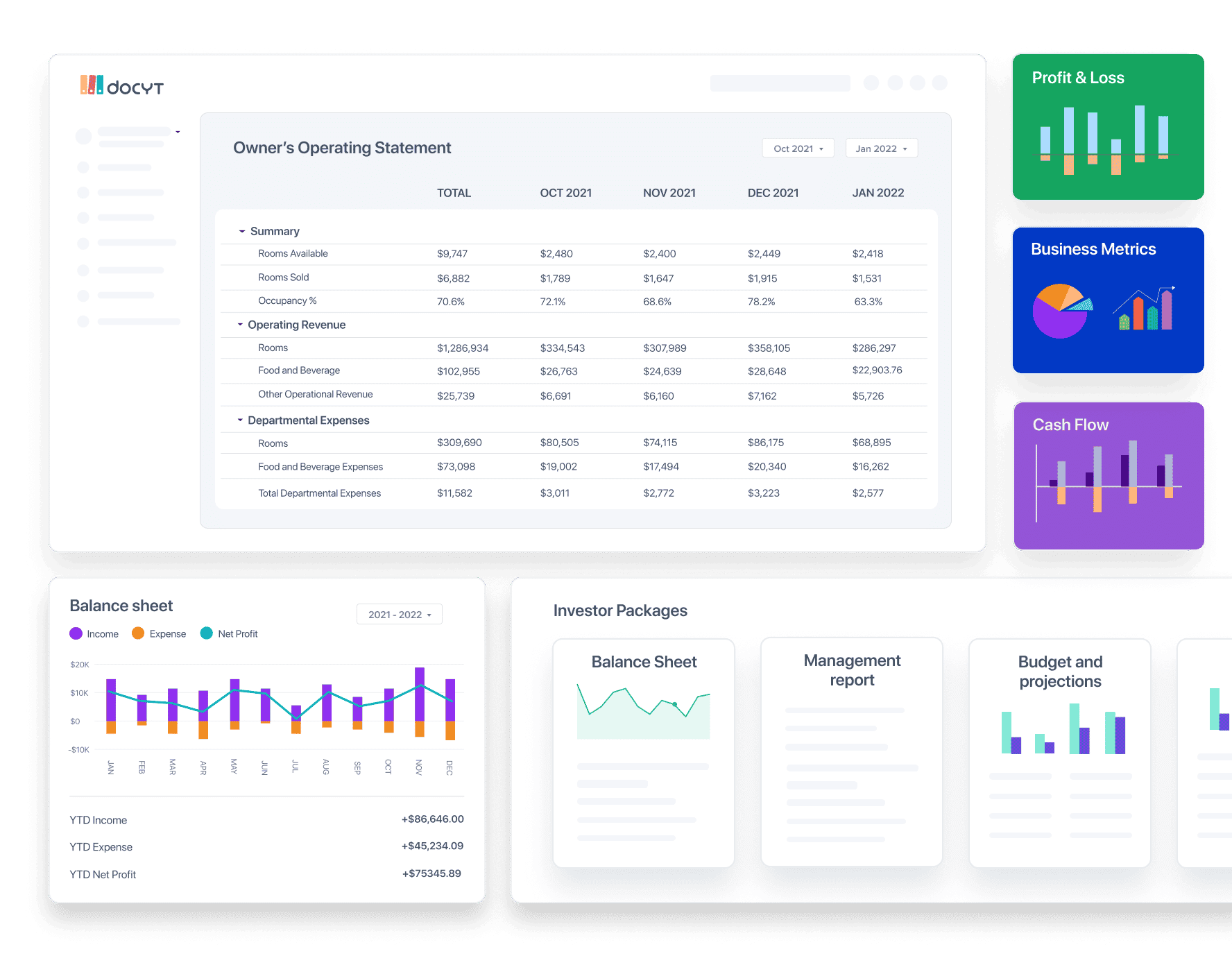As a small business owner, managing your finances is crucial to the success and growth of your company. One of the most effective ways to stay on top of your finances is by using small business accounting software. This type of software provides a range of tools and features that can help you track your income and expenses, manage your invoices and payments, and make informed decisions about your business.

In this article, we will explore the importance of small business accounting software, the key features to look for when choosing a software, and some of the best options available on the market. We will also provide a list of frequently asked questions and answers to help you get started with your search.
Why Small Business Accounting Software is Important
Small business accounting software is essential for any business owner who wants to stay organized and in control of their finances. Here are some of the reasons why:
- Accurate Financial Records: Small business accounting software helps you keep accurate and up-to-date financial records, which is essential for making informed decisions about your business.
- Time-Saving: Automated accounting software can save you a significant amount of time and effort, allowing you to focus on other aspects of your business.
- Improved Cash Flow: By tracking your income and expenses, you can better manage your cash flow and make sure you have enough money to cover your expenses.
- Tax Compliance: Small business accounting software can help you stay compliant with tax laws and regulations, reducing the risk of penalties and fines.
- Scalability: As your business grows, your accounting software can grow with you, providing the tools and features you need to manage your finances effectively.
Key Features to Look for in Small Business Accounting Software
When choosing a small business accounting software, there are several key features to look for. Here are some of the most important ones:
- Invoicing and Billing: Look for software that allows you to create and send professional-looking invoices and bills to your customers.
- Expense Tracking: Choose software that allows you to track your expenses and categorize them for easy reporting and tax purposes.
- Financial Reporting: Look for software that provides detailed financial reports, such as balance sheets and income statements.
- Payment Processing: Consider software that allows you to accept online payments and integrate with payment gateways.
- Security: Choose software that provides robust security features, such as data encryption and secure backups.
- User Interface: Look for software with a user-friendly interface that is easy to navigate and understand.
- Integration: Consider software that integrates with other business applications, such as payroll and point-of-sale systems.
Best Small Business Accounting Software Options
There are many small business accounting software options available on the market, each with its own strengths and weaknesses. Here are some of the best options:
- QuickBooks: QuickBooks is one of the most popular small business accounting software options, offering a range of features and tools to help you manage your finances.
- Xero: Xero is a cloud-based accounting software that provides a user-friendly interface and a range of features, including invoicing and billing, expense tracking, and financial reporting.
- FreshBooks: FreshBooks is a cloud-based accounting software that provides a range of features, including invoicing and billing, expense tracking, and time tracking.
- Zoho Books: Zoho Books is a cloud-based accounting software that provides a range of features, including invoicing and billing, expense tracking, and financial reporting.
- Wave: Wave is a cloud-based accounting software that provides a range of features, including invoicing and billing, expense tracking, and payment processing.
Frequently Asked Questions
Here are some frequently asked questions and answers to help you get started with your search for small business accounting software:
Q: What is the best small business accounting software for beginners?
A: QuickBooks and Xero are both great options for beginners, offering a user-friendly interface and a range of features to help you get started.
Q: How much does small business accounting software cost?
A: The cost of small business accounting software varies depending on the software and the features you need. Most software options offer a monthly or annual subscription fee, ranging from $10 to $50 per month.
Q: Can I use small business accounting software on my mobile device?
A: Yes, many small business accounting software options offer mobile apps, allowing you to access your financial data and manage your finances on the go.
Q: Is small business accounting software secure?
A: Yes, most small business accounting software options provide robust security features, such as data encryption and secure backups, to protect your financial data.
Q: Can I integrate small business accounting software with other business applications?
A: Yes, many small business accounting software options integrate with other business applications, such as payroll and point-of-sale systems.
Conclusion
Small business accounting software is an essential tool for any business owner who wants to stay organized and in control of their finances. By choosing the right software, you can save time, improve your cash flow, and make informed decisions about your business. When selecting a software, consider the key features to look for, such as invoicing and billing, expense tracking, and financial reporting. With the many options available on the market, you’re sure to find the perfect software to meet your business needs.
Remember, investing in small business accounting software is an investment in the success and growth of your company. By taking the time to research and choose the right software, you can set your business up for long-term success and propel yourself towards a brighter financial future.
Closure
Thus, we hope this article has provided valuable insights into The Importance of Small Business Accounting Software: A Comprehensive Guide. We appreciate your attention to our article. See you in our next article!